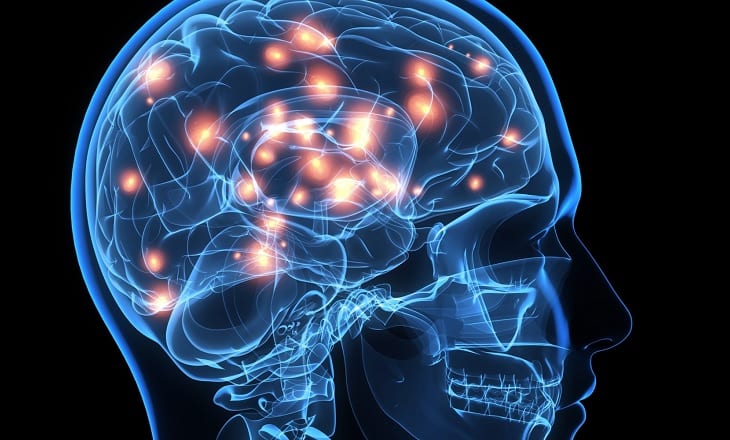The best thing you can do for your trading account is to get a grip. Yael Warman from Leverate explains…
The best thing you can do for your trading account is to get a grip.
Let me explain.

Yael Warman, Leverate
Brian Knutson, an associate professor of psychology and neuroscience at Stanford University, found that financial trading has the means to tweak the same part of the human brain that is normally affected by sexual desire and drug abuse. This neural network, located in the amygdala, is often referred to as the “pleasure center” which sparks up in anticipation of reward and has the means to dull the frontal cortex, the part of the brain where rational executive thinking takes place. While this doesn’t necessarily mean that you’re a trader today and a bank robber tomorrow, what it does indicate, is that underlying our trading decisions is a series of chemical reactions that we’re not even aware of.
For Pleasure and Pain
The 18th century English philosopher, Jeremy Bentham stated that man is ruled by two emotions; the pursuit of pleasure and the avoidance of pain. According to Knutson, investment traders are doing wonders to affirm his theory. All things being neutral, traders act rationally and the frontal cortex is in the driver’s seat of their decision making ability. However once they have experienced a loss or a gain, which registers respectively in their brain as pain or pleasure, then decision making is awash in the chemicals released in emotional tension.
Testing the Theory
In his study, Knutson had participants choose from three investments, a low risk bond and two stocks of variable risk and reward. The bond paid out a guaranteed $1. One of the stocks had a 50% chance of paying out $10 and a 25% chance of losing $10 per trade. The other stock had a 50% chance of losing $10 and a 25% chance of winning $10 per trade. The participants were advised that each of the stocks would have varying payouts, but they were not told which one was which. Their task was to make a determination of the stocks based on their results after each round of trading and then on the overall history of its performance.
To begin with, the participants were making rational trades. The rational, pleasure and pain centers of their brains were all active, but the rational center was the most dominant. With an unexpected gain or loss, the pleasure and pain centers surpassed in dominating the brain’s activity, increasing the probability of the participant making an irrational decision. A loss would trigger risk-averse behavior while a win would instigate risk-seeking behavior, both of which would lead to detrimental outcomes either by making overly cautious decisions (only trading the bonds) or by being excessively reckless (only betting on the higher risk stocks). What Knutson detected was a tug of war between the two emotional extremes, where the executive thinking capacity had rescinded into the background.
Take Away Conclusions
The finding of this experiment explains a problem that economist have recognized for years. Brain chemistry, at least partially explains why investors will continue to hold last year’s gains for too long or miss the opportunity to sell at a profit. It explains our propensity to take losses to heart or why we choose to leverage, rather than just sell and avoid an even bigger loss. It turns out that when your brain’s chemistry is flooded with adrenaline, cortisol or serotonin, the by-products of emotion, you’re just not going to perform as well as when you are in a neutral state of rationality.
The Nervous Novice
Beginner traders who are prone to get extremely excited on a win or devastated on a loss with their first few trades, are more susceptible to this phenomenon. Unlike hard worn traders, who with years of experience are desensitized to the psychological highs and lows of winning and losing. The lesson here is that your ability to maintain rationality and make good decisions should improve with experience as you develop a growing familiarity with the sensation of winning and losing.
The study also found that rapid trading was detrimental. A deluge of information that required quick decisions, forced the participant into a state of mind where they tended to make more mistakes. In Knutson’s study the participants were not able to make single decisions, but were expected to trade in a rapid series. Considering the additional cost of commissions that are taken from every trade, quick and successive trading has the double pitfall of chemically inducing your brain towards making losses and costing you further in commissions.
